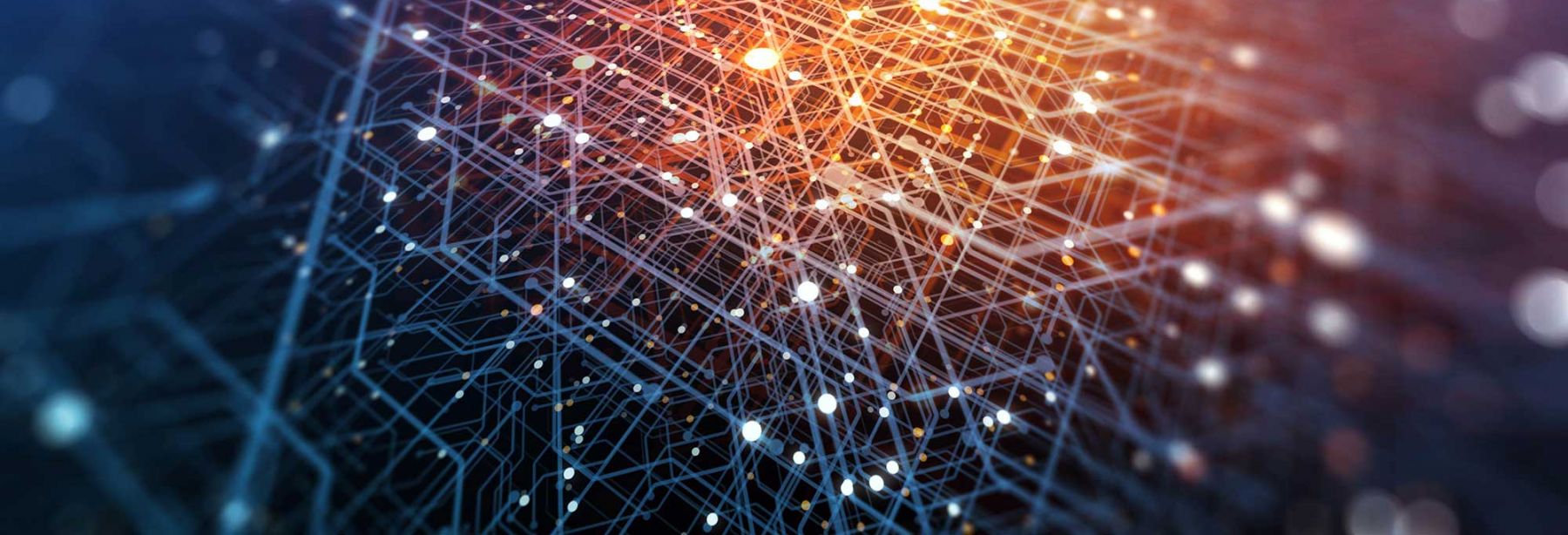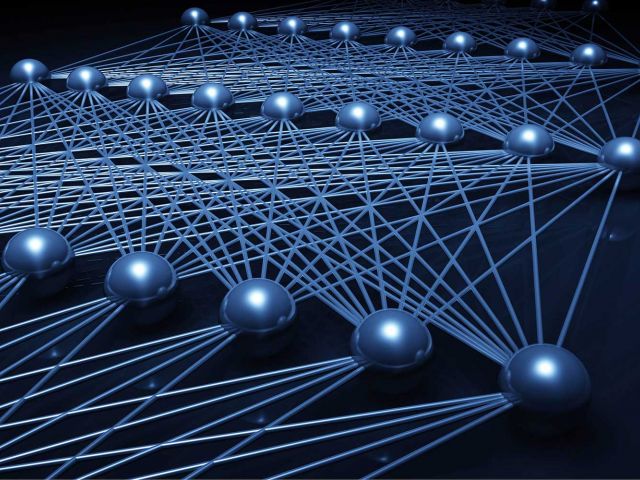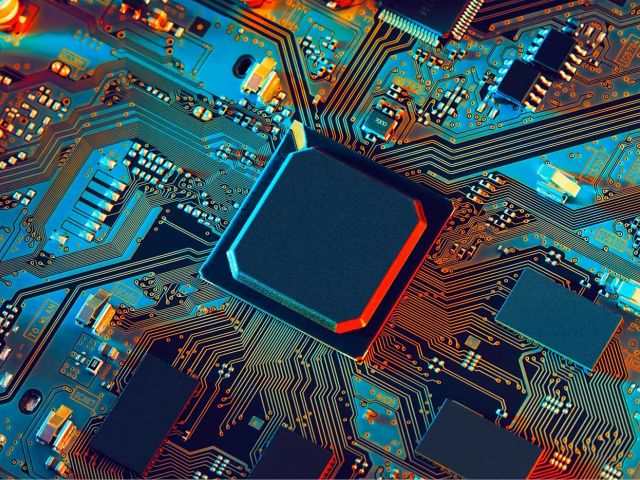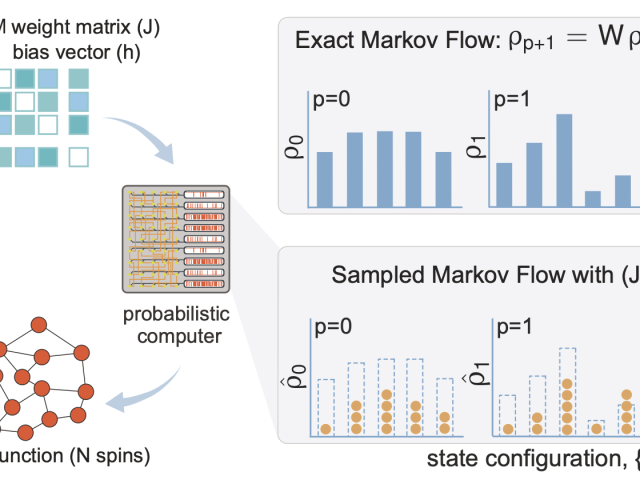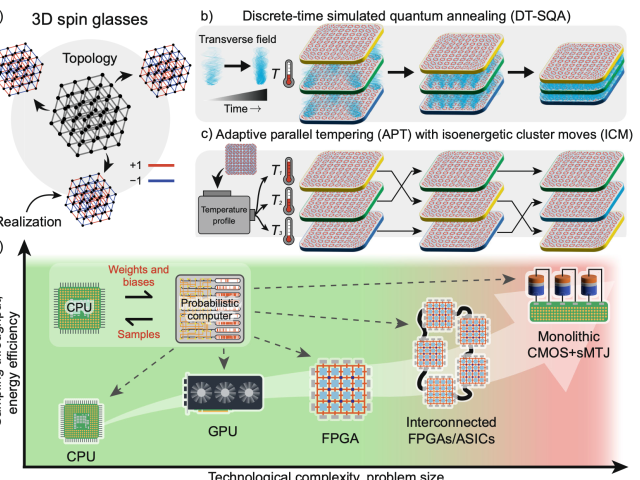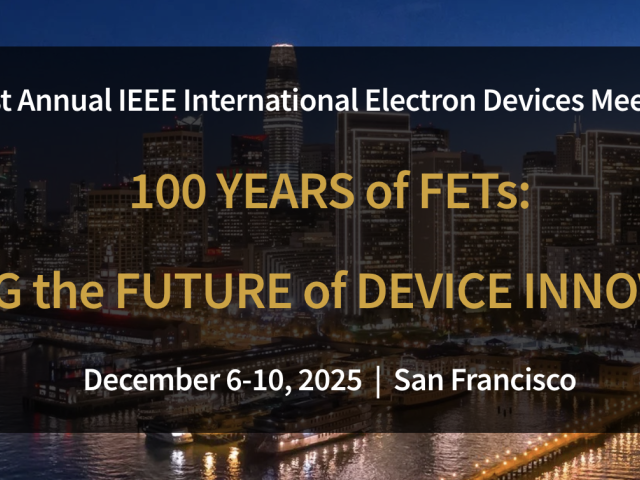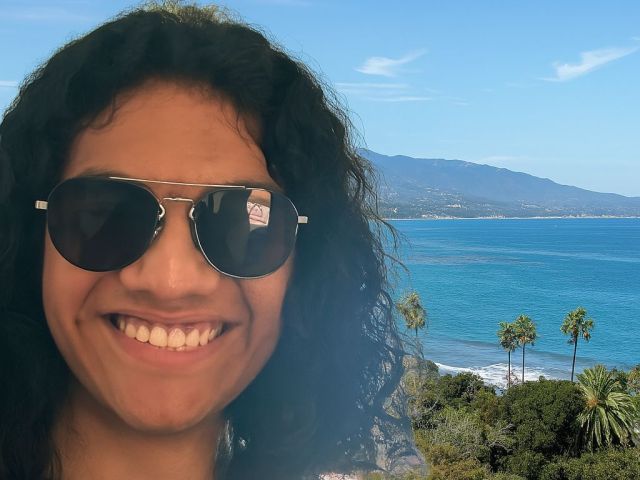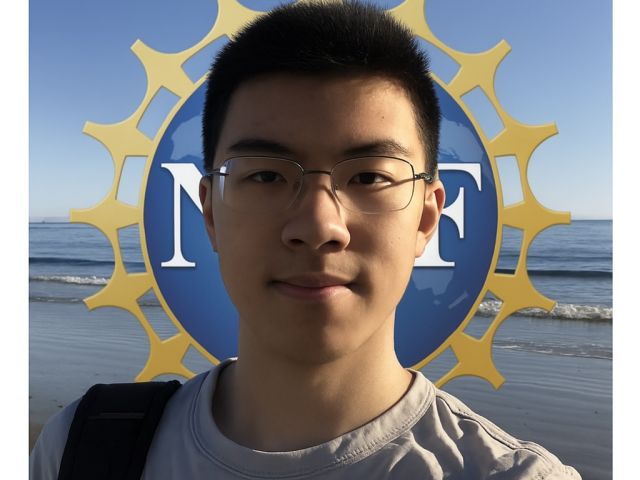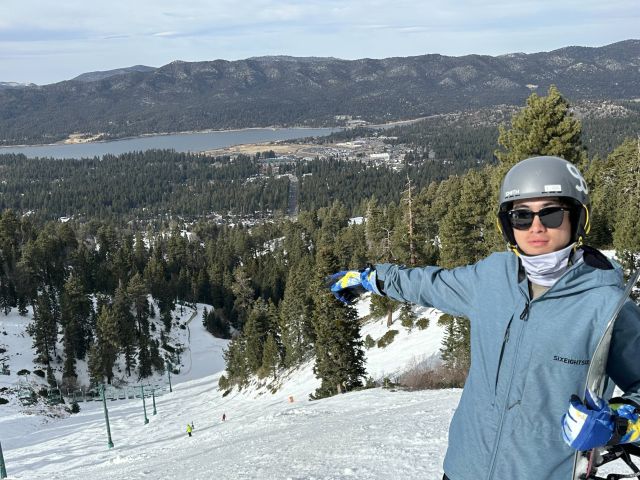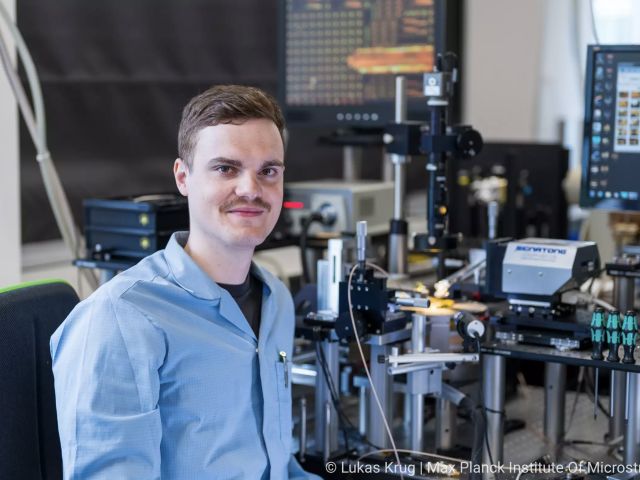Our lab is focused on designing and creating efficient hardware systems to meet the growing computational needs of Machine Learning and Artificial Intelligence. We pursue a Physics-to-Systems approach where we combine algorithmic understanding with tailored hardware and architectures. We try to map unique features of emerging materials to the needs of algorithms and applications to build natural and energy-efficient computing systems. Our research interests lie at the intersection of physics, computer science and electrical engineering.
We believe that such an interdisciplinary approach connecting architectures and algorithms to materials and devices is essential in the new era of electronics driven by domain-specific hardware.
This is in contrast to Moore’s Law-driven era that has centered around a single device, the field-effect transistor. The new era of electronics calls for a new kind of scientist who needs to be deep in one field but also broad enough to be able to make connections to related disciplines across the computing stack.
Join OPUS Lab!
We are recruiting!
